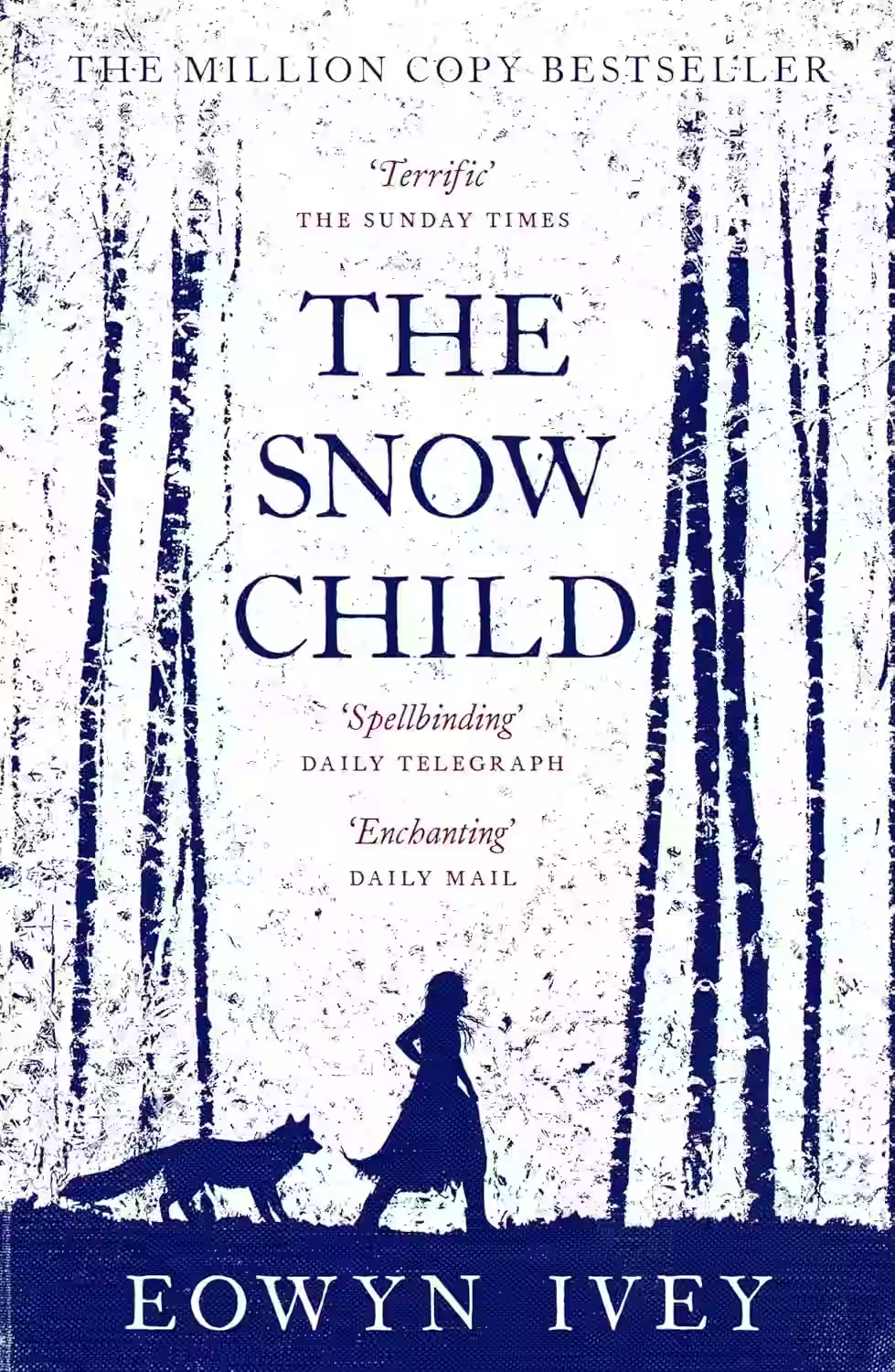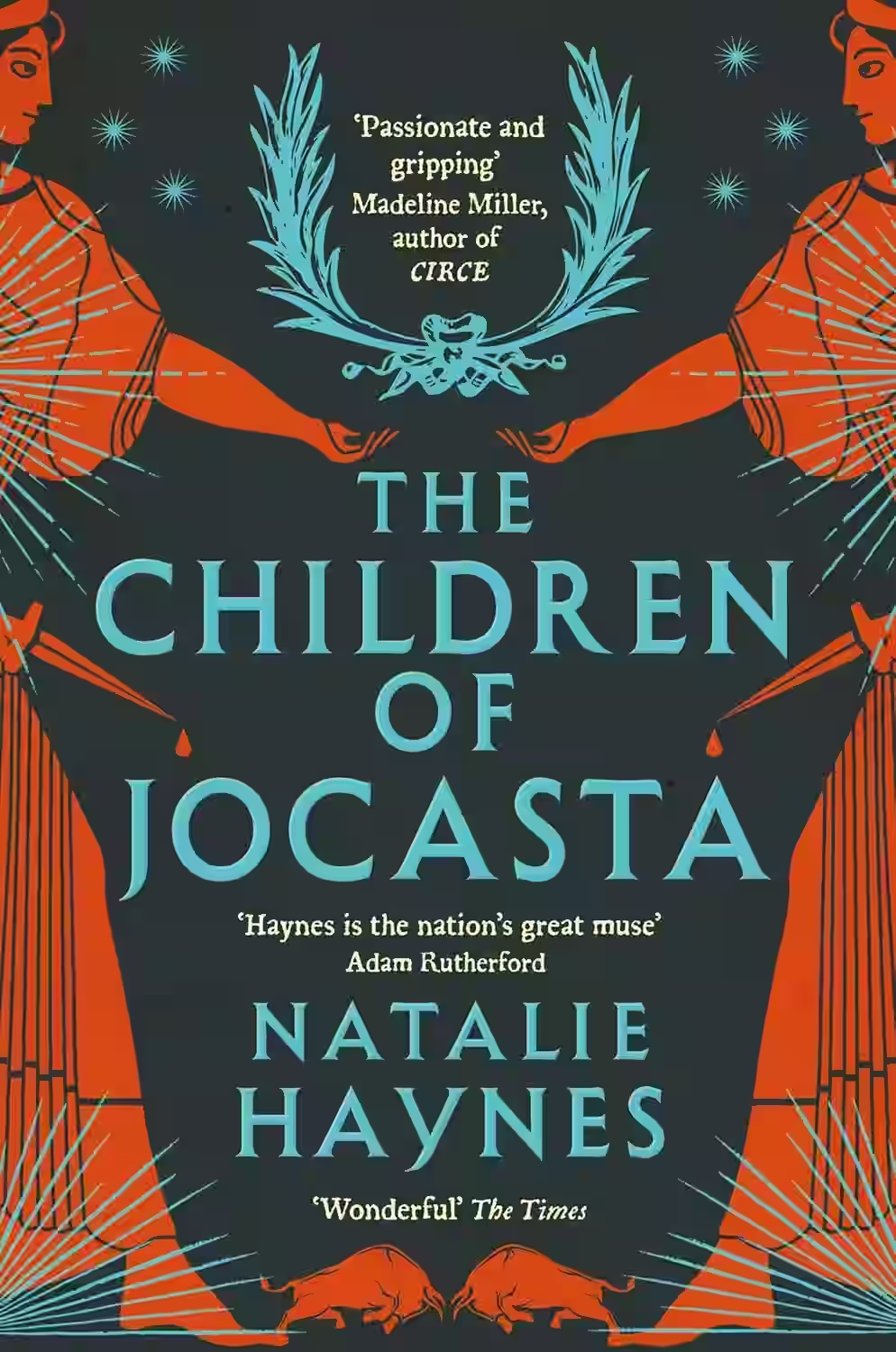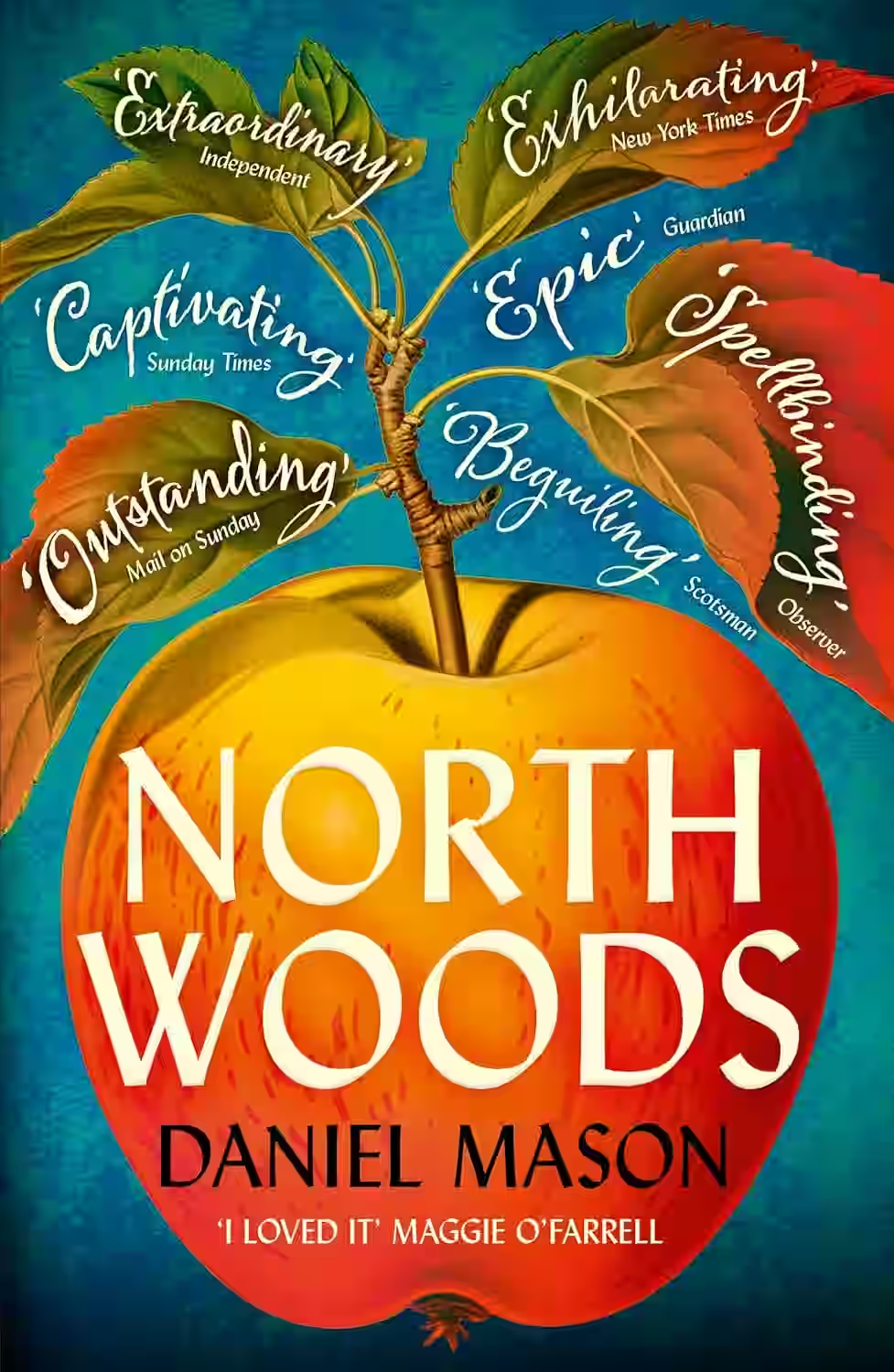
In Eowyn Ivey's captivating novel 'The Snow Child,' set against the rugged backdrop of 1920s Alaska, a childless couple, Jack and Mabel, create a snow sculpture of a little girl. To their astonishment, a real child emerges from the woods who bears a striking resemblance to their creation. As they come to love the enigmatic Faina, their lives are transformed by her presence, blurring the lines between fantasy and reality. The novel beautifully weaves elements of loss, hope, and the healing power of nature, exploring themes of parenthood, love, and the magic of the unknown.
About Eowyn Ivey
Eowyn Ivey is an American author known for her captivating storytelling deeply rooted in the Alaskan wilderness. Before pursuing writing, Ivey worked as a bookseller and newspaper reporter. Her debut novel, 'The Snow Child,' garnered critical acclaim and was a Pulitzer Prize finalist, showcasing her talent for blending folklore and history into beautifully crafted narratives. Ivey's works often explore themes of nature, love, and resilience, transporting readers to the untamed landscapes of Alaska with vivid imagery. With her evocative prose and poignant character development, Ivey has established herself as a prominent voice in contemporary literature, enchanting readers worldwide.
Similar Books

The Water Dancer
Ta-Nehisi Coates' debut novel, The Water Dancer, blends historical fiction with magical realism to tell the story of Hiram Walker, a young man born into slavery with a mysterious power. After a near-death experience, Hiram discovers he possesses a supernatural ability called "conduction," which aids in his quest for freedom. The novel explores themes of memory, family, and liberation, offering a fresh perspective on the antebellum South and the Underground Railroad. Coates' lyrical prose and imaginative storytelling create a compelling narrative about the enduring human spirit.

The Children of Jocasta
In 'The Children of Jocasta', Natalie Haynes masterfully reimagines the classic tales of Oedipus and Antigone from a fresh perspective—a lens that brings women’s voices, often muted in Ancient Greek mythologies, to the forefront. This novel weaves the parallel stories of Jocasta and her daughter Ismene, offering a nuanced exploration of love, power, and choice amid the backdrop of a cursed lineage. Jocasta’s quiet strength and Ismene’s unyielding resilience breathe new life into familiar tales, while Haynes’s elegant prose enriches the narrative’s emotional depth. Engaging with timeless themes of fate and identity, this reinterpretation compels readers to reexamine the silenced stories within classical works and appreciate their enduring relevance.

Before the Coffee Gets Cold
Series: Before the Coffee Gets Cold (#1)
In a quaint Tokyo café, patrons can travel back in time, but only within strict limits. Through interconnected stories, the novel explores themes of love, regret, and the desire to alter the past. Kawaguchi's gentle narrative invites readers to consider the value of the present and the importance of human connections.

North Woods
by Daniel Mason
Spanning centuries, North Woods traces the lives, deaths, and legends rooted in a single New England house and its surrounding forest. From Puritan settlers and eccentric naturalists to star-crossed lovers and reclusive artists, each inhabitant leaves a mark on the land. Mason weaves history, folklore, letters, and even fungi into a vivid portrait of change and continuity. This richly imaginative novel explores humanity’s relationship with nature, time, and storytelling itself. North Woods is a haunting, lyrical mosaic that celebrates the enduring power of place and the mysterious threads connecting all lives across generations.